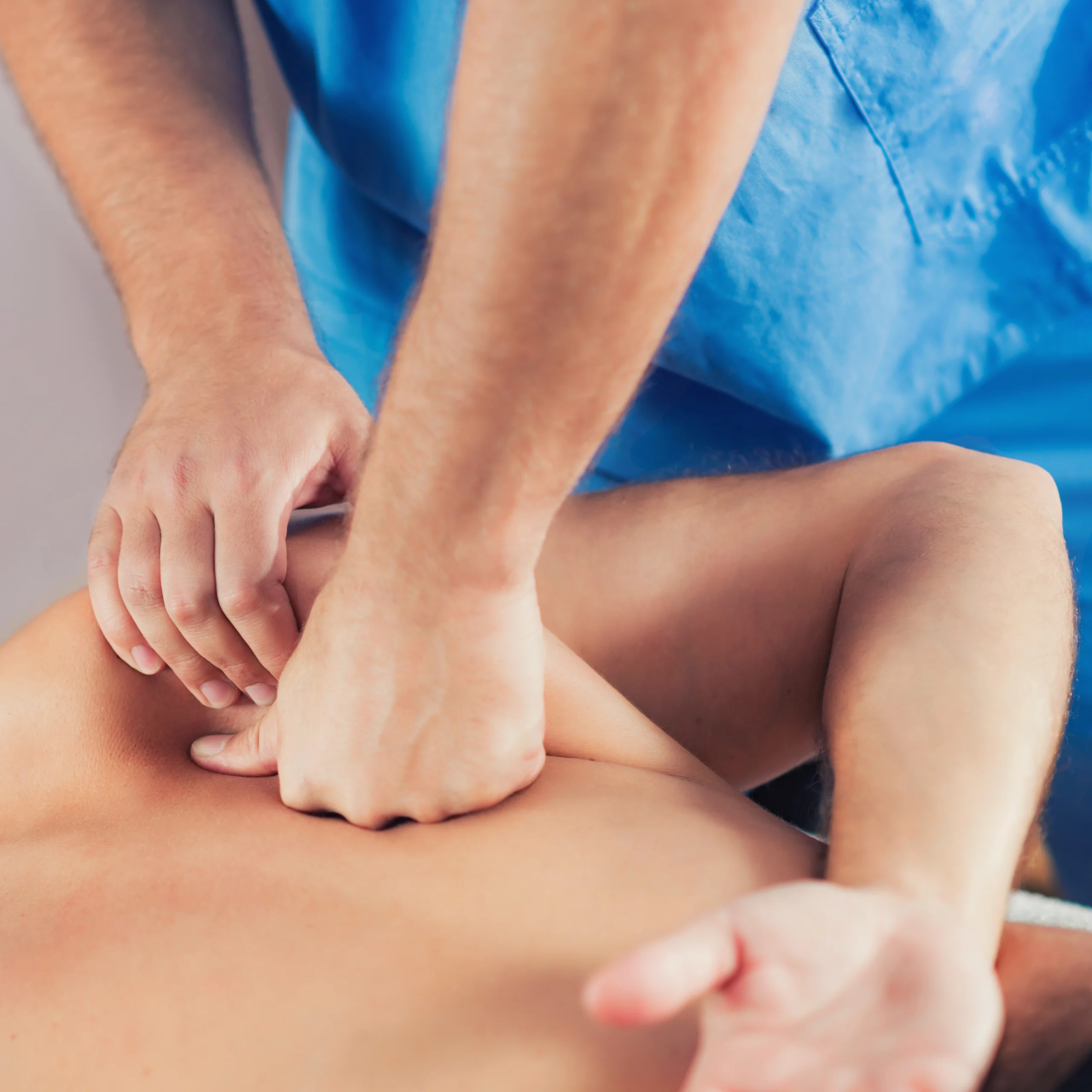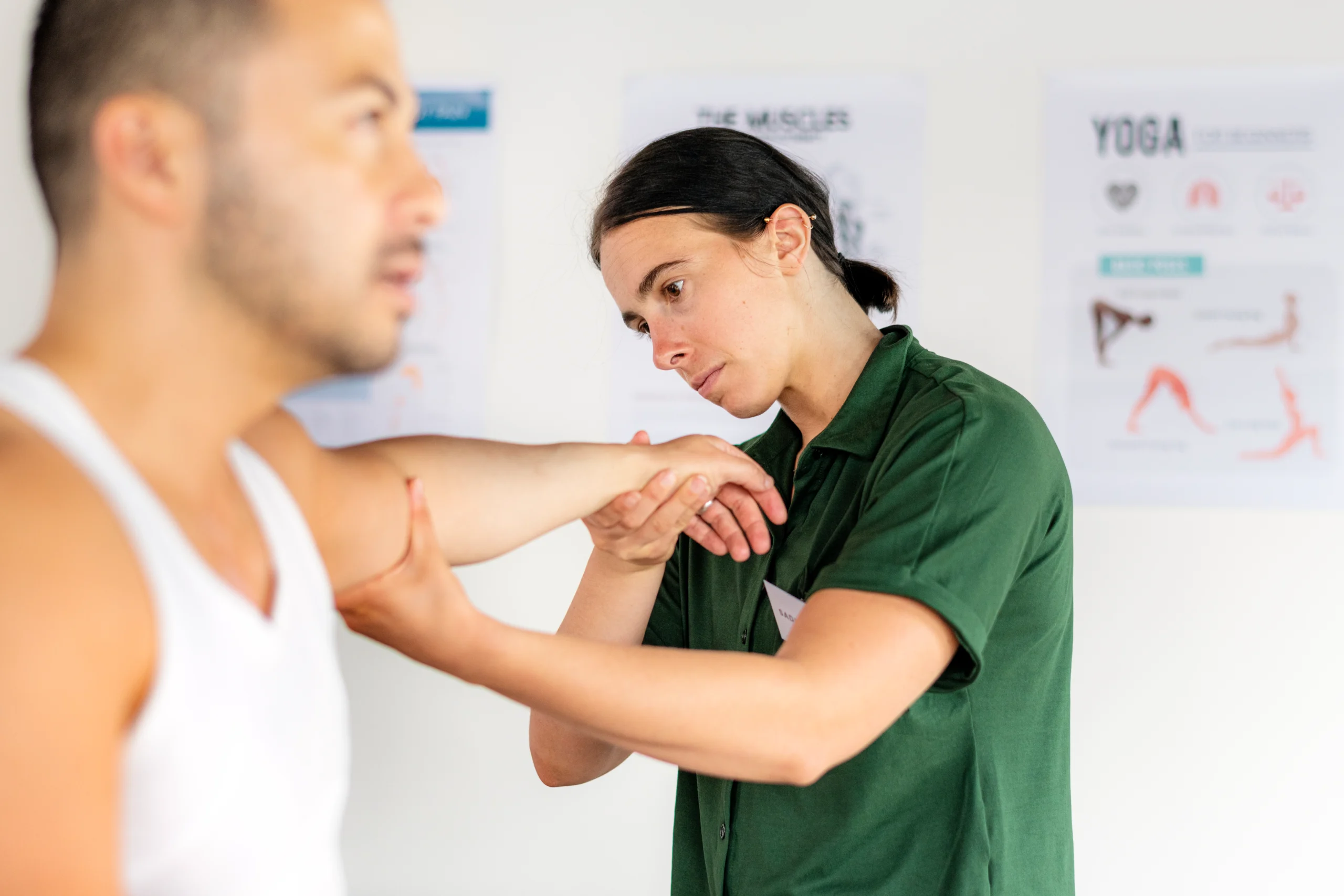
How Does Active Release Therapy (ART) Work?
We do multiple movements every day. This daily wear and tear of muscles often causes scar tissue. Scar tissue also forms when there is a muscle or tissue injury. If not taken care of initially, these scar tissues keep on building up and eventually form an adhesion. Adhesions tend to bind the muscles from the middle causing stiffness, pain and immobility in muscles.
Active Release Technique breaks down these adhesions mainly. As the adhesions fall apart, the pain subsides, and your nerves, muscles and connective tissues are free to function again. In other words, you can move freely again without any pain or stiffness.

